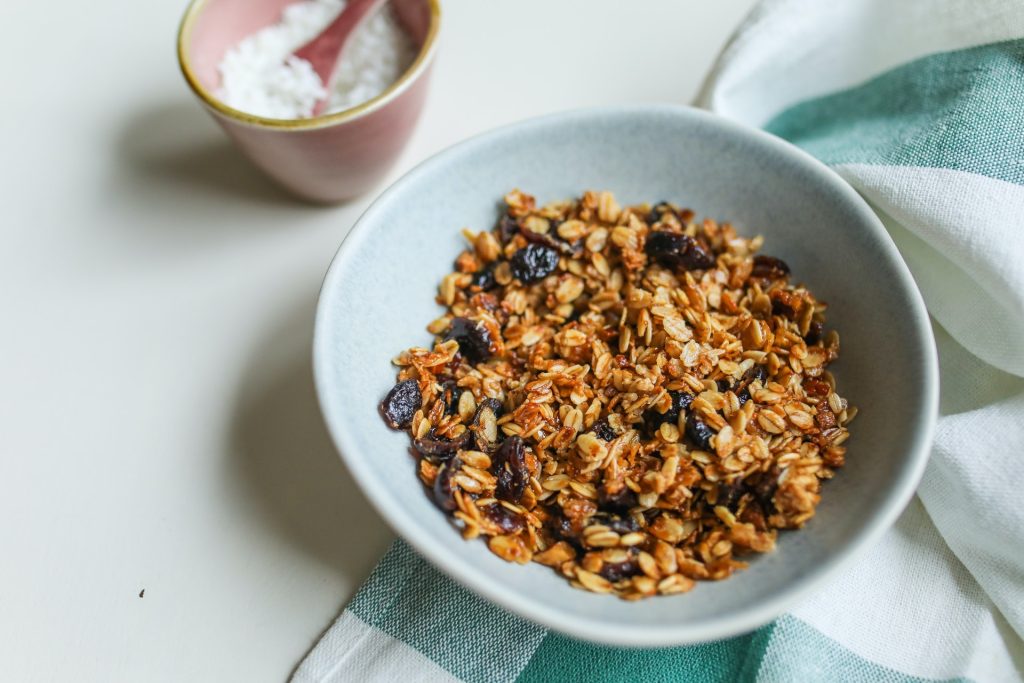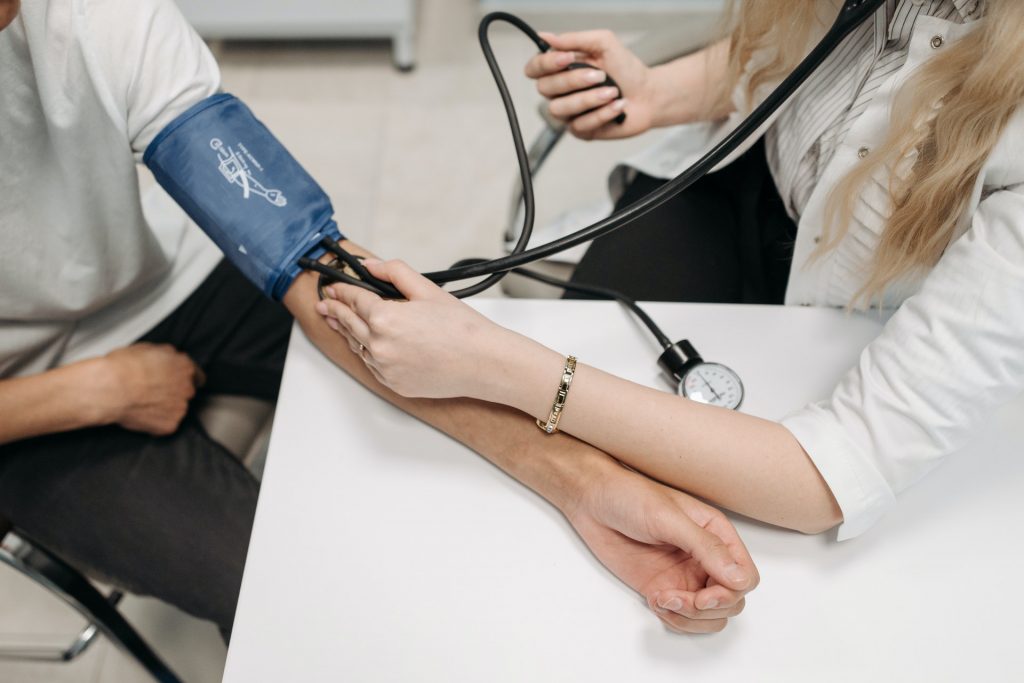As summer winds down, now is the time to check off the last boxes on your summer bucket list. Go to the beach or the pool, dine al fresco with family and friends, head out on a road trip, harvest the garden, go for a bike ride, or just enjoy the warm weather! If a backyard barbeque is in your end-of-summer plans, we have tips on how to grill the heart-healthy way.
Heart-Healthy Grill Tips
According to the American Heart Association, there are a few easy steps you can take to make your grill more heart-healthy.

Choose a Leaner Protein
In general, it’s a good idea to grill healthier meats like chicken and fish. If you’re grilling beef, try to choose a leaner cut. You can even marinate and grill tofu!
Reduce Grilling Time
The longer that fatty muscle meat, such as beef or pork, is cooked, the more harmful chemicals it accumulates. To reduce grilling time, cut meat into smaller pieces or pre-cook it ahead of time.
Add Veggies to the Grill
Corn is great on the grill, but it’s not the only vegetable that works well for grilling. Onions, zucchini, peppers, sweet potatoes, summer squash, carrots, beets, and even lettuce are great options. Grilling enhances the flavor and texture of vegetables, and makes them satisfying and delicious.
Choose Healthy Sides
Whatever you choose to cook on the grill, choose heart-healthy sides to make the meal healthier overall. Look for whole wheat buns and salads made with low-sodium ingredients.
What’s the best way to protect the hearts of those you love? Learn CPR! Find a HeartCert location near you, or register for a virtual CPR certification course.
HeartCert CPR is your trusted training partner for CPR, ACLS, PALS, EMR, First Aid, CNA, IV, EKG and more.
HeartCert CPR courses include CPR/AED/First Aid, Basic Life Support (BLS), Advanced Cardiac Life Support (ACLS), Pediatric Advanced Life Support (PALS), Certified Nursing Assistant training, IV training, EKG training, babysitter basics and more. Courses and certifications from both the American Heart Association and American Red Cross are available.
We are now offering virtual CPR courses and certifications. We offer safe in-person courses at all HeartCert locations throughout the United States, including our headquarters, HeartCert CPR Eagan.














